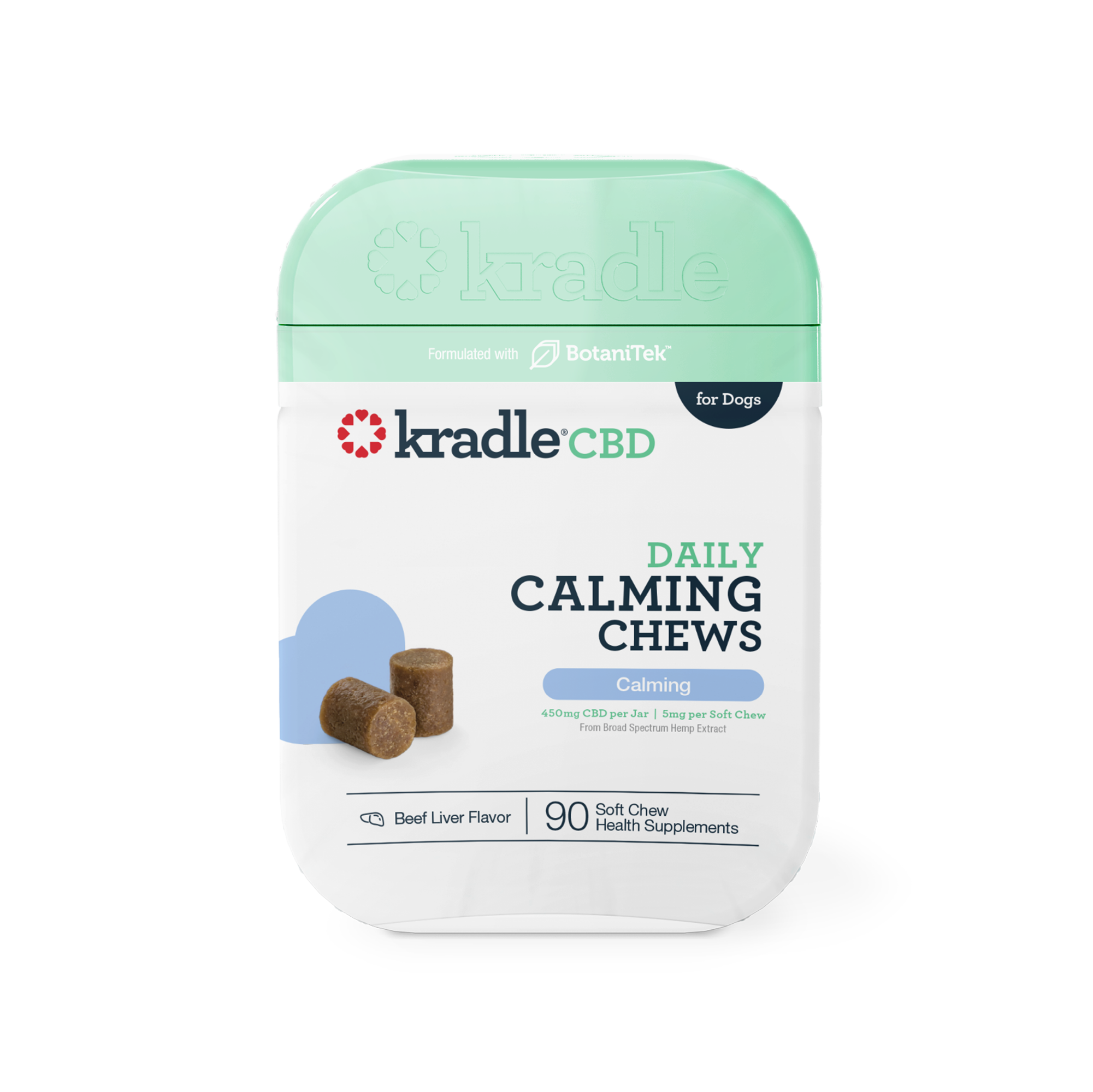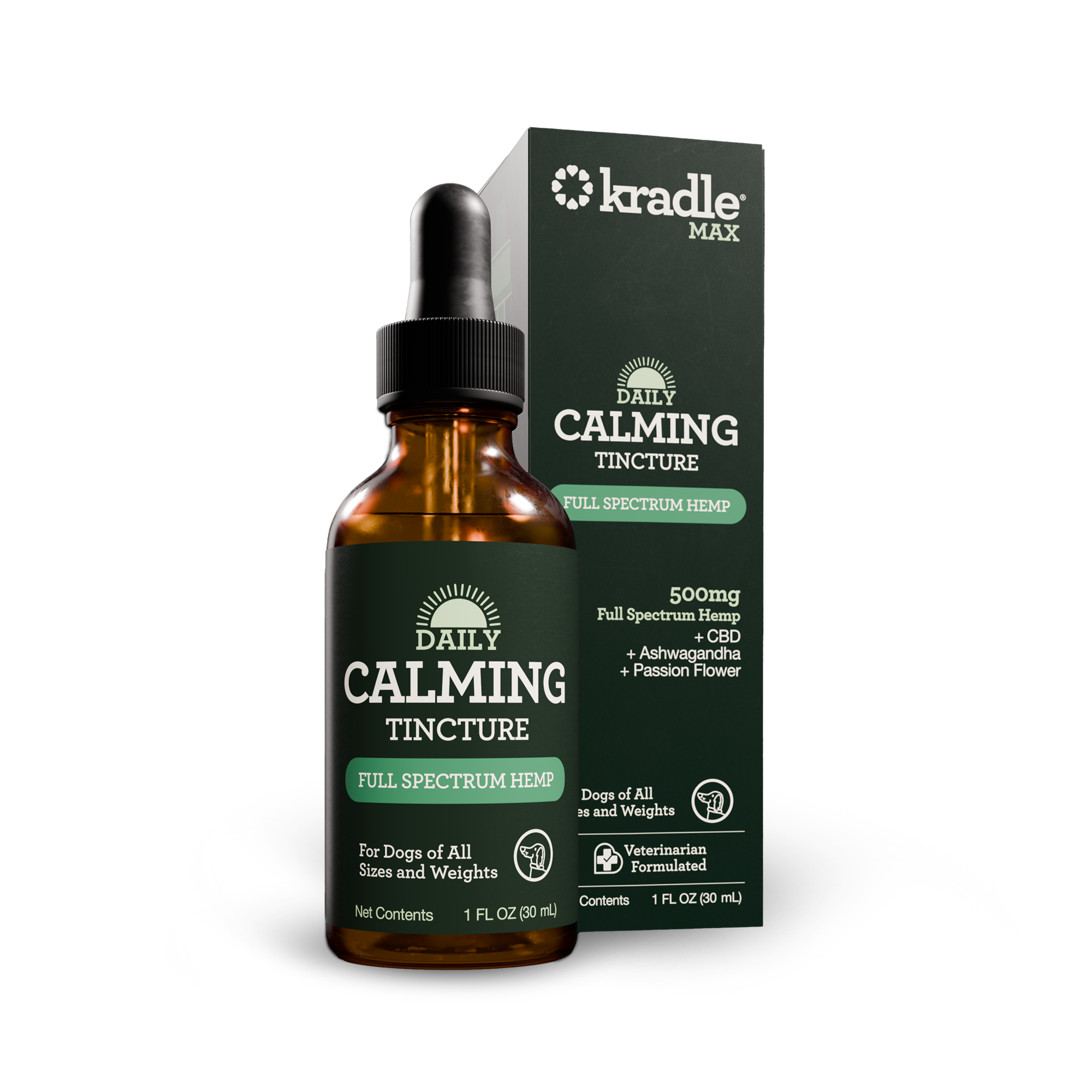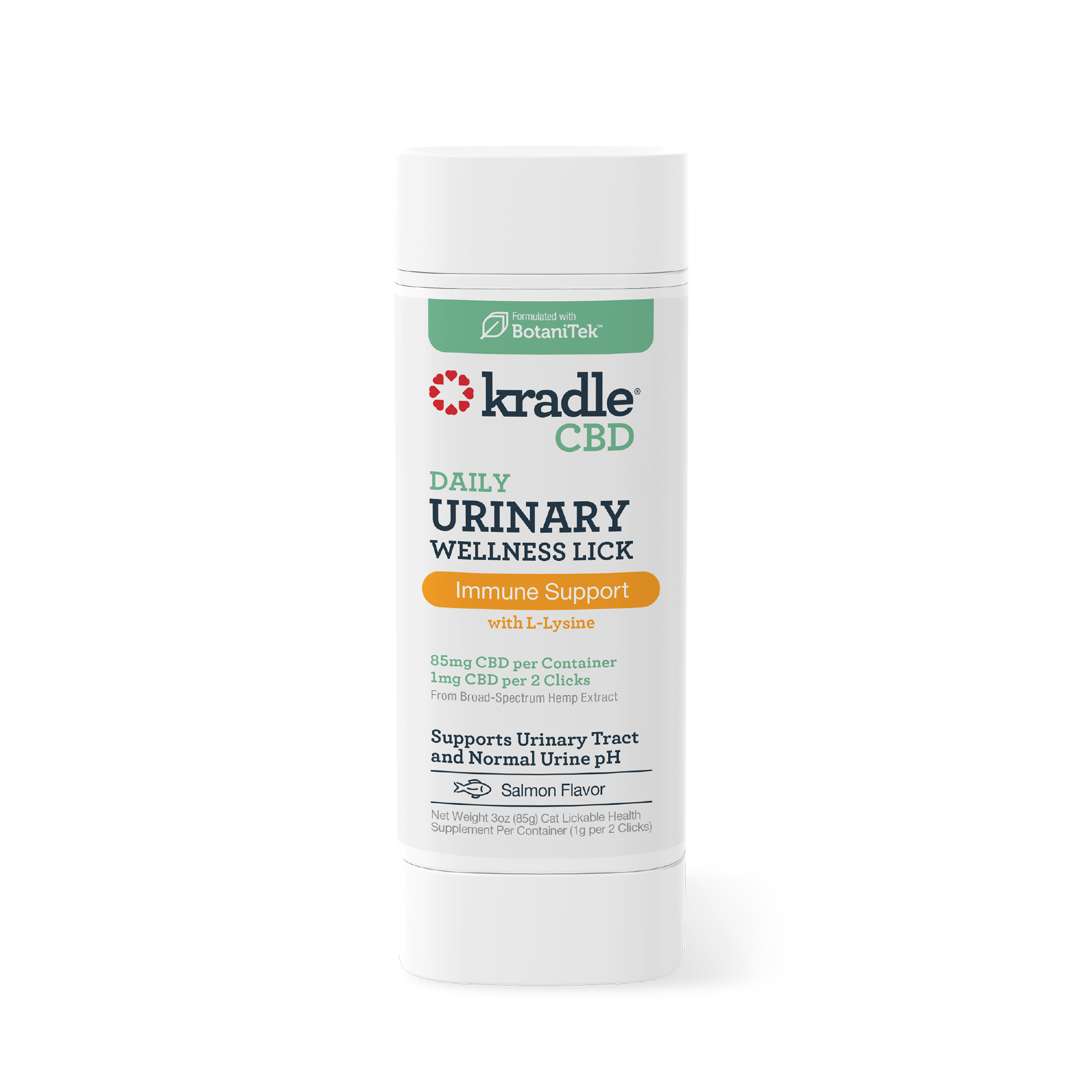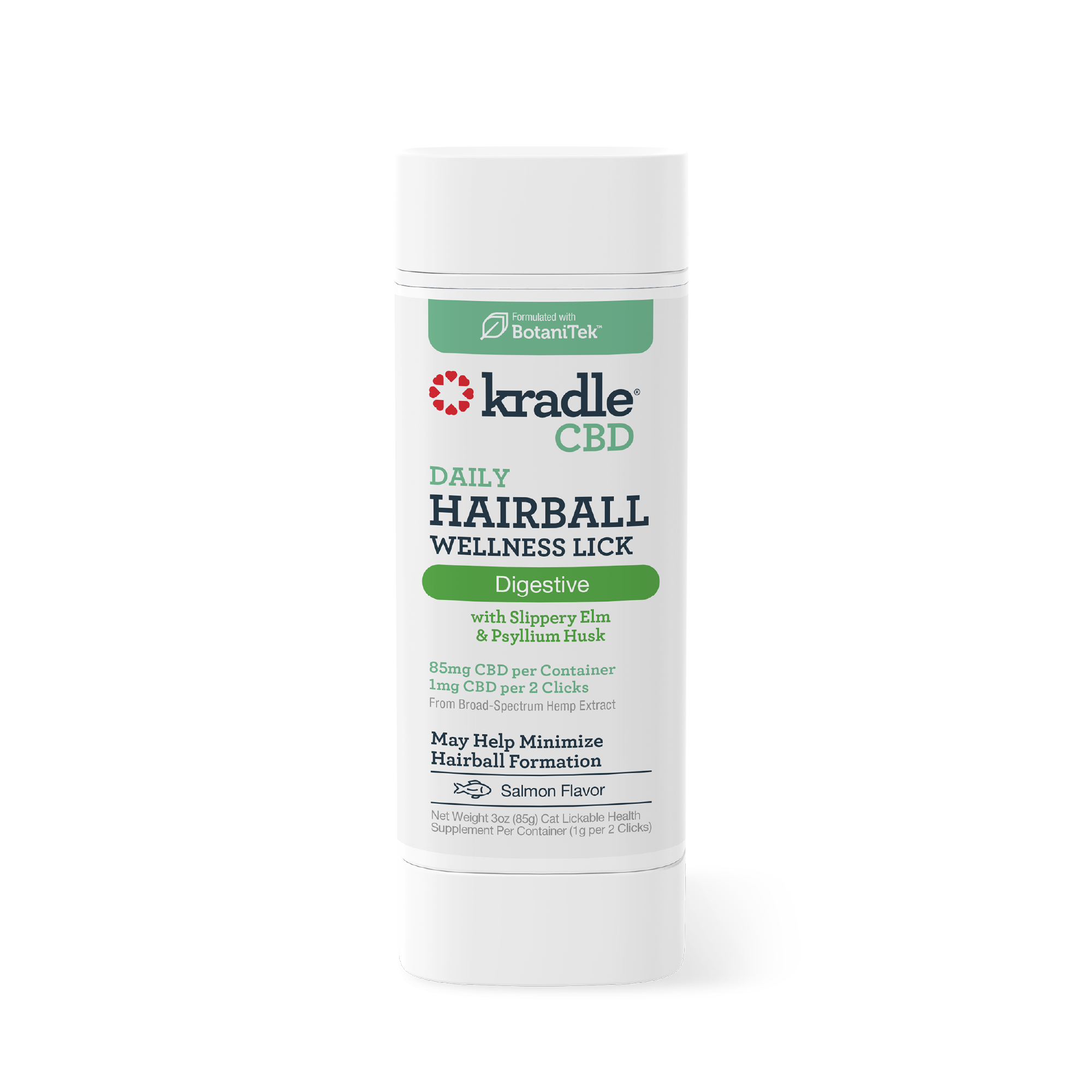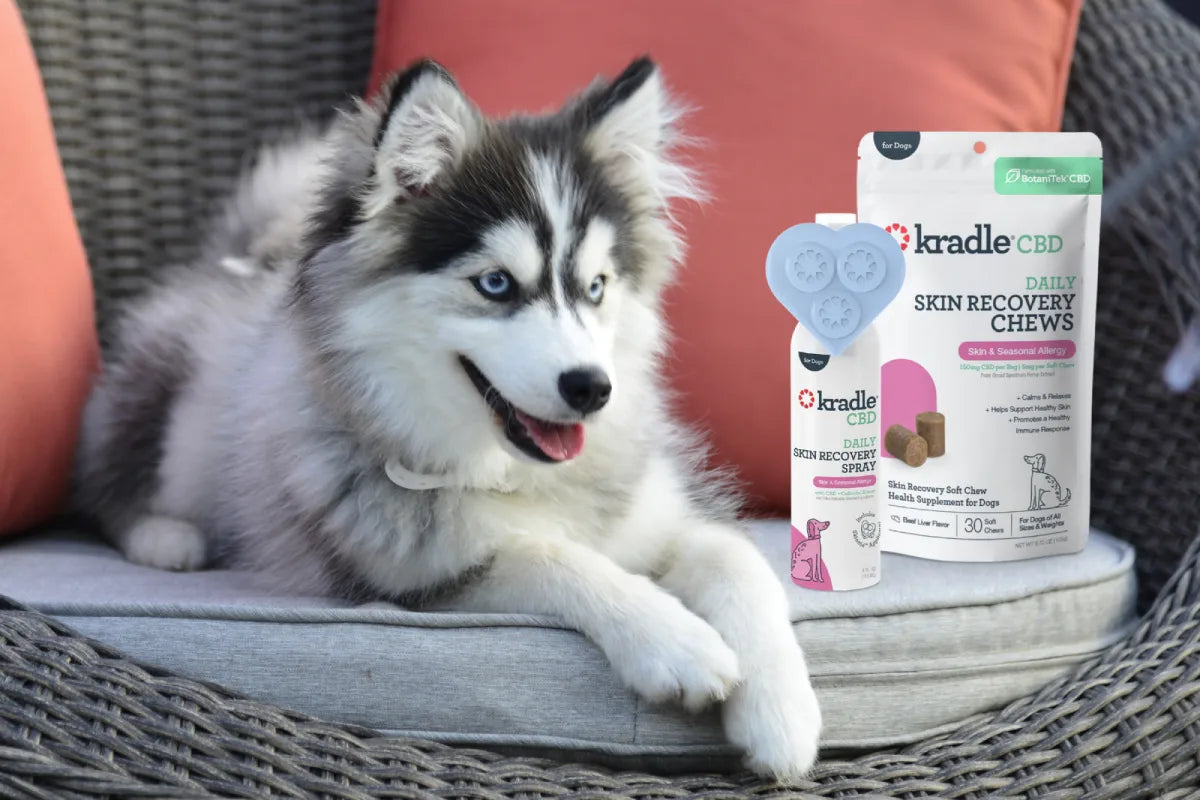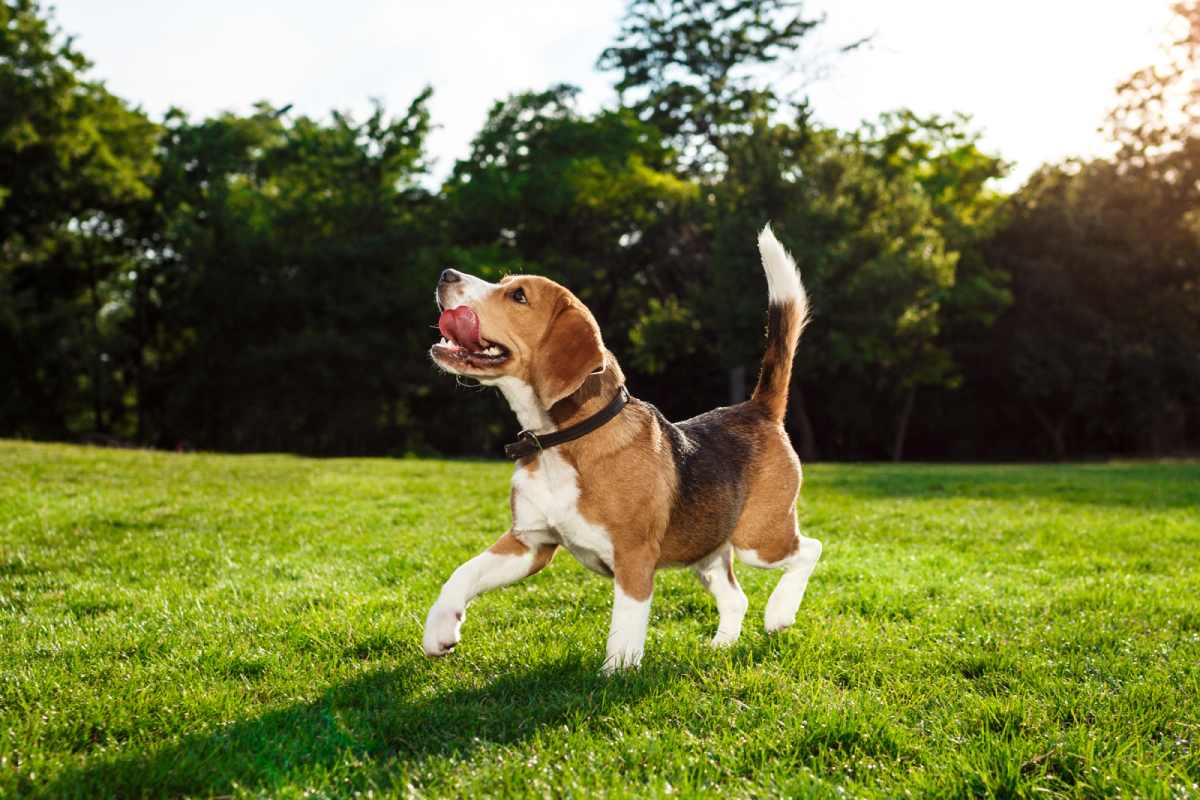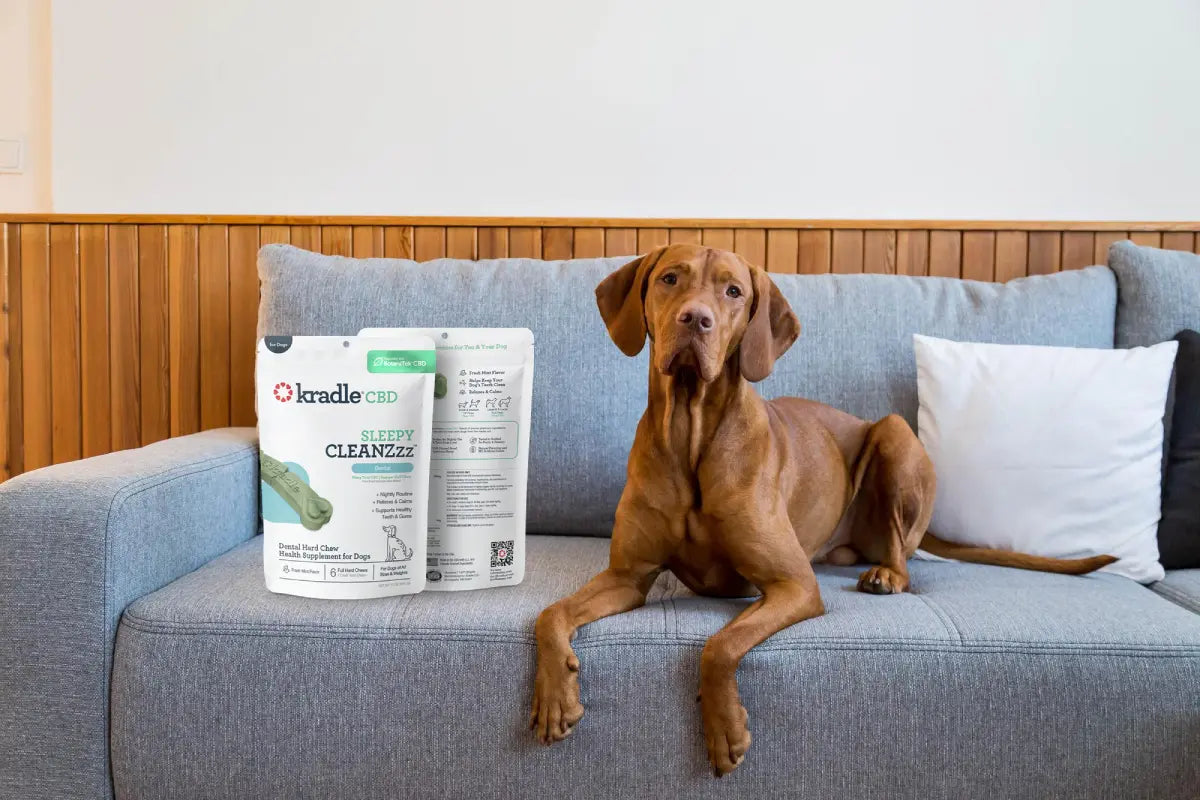
Are Dental Chews Good for Dogs?
If you’ve ever leaned in to give your dog a kiss and got hit with a wave of bad breath, you’re definitely not alone. Just like us, dogs need their teeth looked after, too. But brushing their teeth regularly? That’s a lot easier said than done, especially if your dog squirms or runs off the moment they see the brush.
Dental chews seem like an easier solution, something that fits into daily life without a struggle. Still, it raises questions like, are dental chews good for dogs? Can something that looks like a tasty bite really do what brushing does? Let’s take a closer look at what these chews actually offer, how they might help, and if they’re worth adding to your dog’s care routine.
What Are Dog Dental Chews?

Dental chews are made to do more than keep your dog happy. They also help with their dental care. When your dog chews on one, it can knock loose bits of food that get stuck between their teeth.
You’ll notice there are a lot of different kinds. Some are tougher, made from rawhide, which means they last longer but might not suit every dog. Others are softer and easier to break down, which is good for smaller breeds or older dogs. It’s not always about just one kind being best; it mostly depends on your dog’s needs.
Do Dog Dental Chews Really Work?
Plenty of pet owners find themselves asking if these chews really do anything. It makes sense to question it. The short answer? Yes, many chews have shown real results when used regularly and chosen carefully. They don’t solve every dental problem, but they can definitely help keep things cleaner in between brushing sessions.
Scientific Backing
So, do dog dental chews work in a way that makes a real difference? A number of studies say they do, especially those chews with the right ingredients and structure. The texture works against plaque, and over time, that can lead to fewer dental issues. Some trials even showed lower tartar and healthier gumlines after consistent use.
How They Help Reduce Plaque and Tartar
These chews do more than keep your dog busy. As they chew, the textured surface works along their teeth and gums, helping to remove soft plaque and bits of food. Some even have added ingredients that freshen breath. It’s a light clean-up happening without your dog even noticing.
What Studies and Vets Say
So, do dental chews for dogs work in a way that veterinarians agree with? Most of them do back it, especially when the chews are VOHC-approved. That approval means they’ve been tested for real results. Vets still suggest brushing when possible, but chews offer a useful boost. Studies have also noticed better gum condition and fresher breath in dogs who get them regularly.
Benefits of Dental Chews for Dogs
So, what’s really in it for your dog aside from a tasty chew? These chews help get rid of food bits, lower the buildup on their teeth, and can reduce that breath we sometimes joke about. Less buildup can mean fewer dental cleanings or issues down the line.
They give your dog a good outlet for their need to chew. Most dogs just enjoy chewing, which is a part of their nature. Giving them something safe that also helps their teeth can keep them busy, and might even save a few shoes or table legs from getting destroyed out of boredom.
Here are some of the key advantages:
-
Cleaner teeth: Helps scrub away food debris and soft buildup
-
Fresher breath: Less bacteria can mean less smell
-
Better gum health: Less irritation, fewer signs of swelling
-
Mental enrichment: Chewing is calming and enjoyable
-
Digestion help: Some include fiber to support gut health
So, don't delay and choose the right dental chew that can bring real benefits to your dog’s day-to-day routine. You might find they like their “tooth chew” so much that it turns into something they look forward to. And for you, it’s just one less thing to stress about, knowing their mouth’s a bit cleaner and their breath isn’t knocking you over anymore.
How to Choose the Best Dental Chew for Your Dog
You should be careful when picking a dental chew for your dog. What seems perfect for one might be totally wrong for another, like too tough, too soft, or just not safe. Always think about their breed, size, and how aggressively they usually chew. The wrong chew isn’t just a waste; it could actually hurt them or become a choking risk, and no one wants that.
A good place to start is checking if the chew has the VOHC stamp or is something your vet has mentioned before. Those tend to follow a certain standard that shows they actually help. Some of the cheaper brands at the store might be okay, but they’re not always tested the same way or built with the same care.
Your dog’s build matters, too. Smaller pups do better with softer or thinner chews that don’t strain their jaws. Bigger dogs usually need tougher ones that don’t break too fast. If you’ve got a puppy or a senior, their teeth can be more fragile, so softer is better there. Just try to match what you buy with what your dog can really handle.
Chewing habits play a big role here. Some dogs take their time, while others just go at it enthusiastically. Watch closely the first few times you give them a new chew; it’ll tell you a lot. You want to be sure they’re not cracking a tooth or trying to gulp down pieces that are way too big.
And don’t forget to check the ingredients list. Go for chews with things like enzymes, mint, or parsley. Skip any that have unnecessary dyes, too much sugar, or artificial flavors. If you're exploring CBD Products for Pets, cbd dog chews for teeth may offer a calming plus dental combo your dog enjoys.
Tips to Improve Your Dog’s Dental Health
Dental chews really help, but don’t count on them to handle everything. You have to brush your dog’s teeth at least twice a week. And don’t just grab any toothpaste; only use the kind made for pets. Human toothpaste contains ingredients that can be toxic to dogs, and it’s simply not worth the risk.
Make brushing part of their routine, like a normal part of the day. If you keep it calm and consistent, your dog will start accepting it. Give them a little reward afterward, like a favorite toy or even a few minutes of quiet cuddle time. It goes a long way by making the routine exciting.
And seriously, don’t skip the vet visits. A vet can catch dental problems long before you can. If your dog’s gums are bleeding, their breath smells bad, or they’re suddenly refusing food, it’s a red flag that something's wrong in their mouth. Please don’t wait for the symptoms to develop; get it treated immediately.
How Kradle’s Products Support Your Dog’s Dental Health
Kradle creates products that support dogs in multiple ways, not just physically. Their CBD Calming Chews for Dogs are made to help stressed pets stay calm, especially during grooming or brushing. If your dog hates having their teeth cleaned, these might help lower the stress level a bit. Kradle also makes CBD bones specifically designed as a nighttime dental and calming routine. Kradle CBD Sleepy CleanZzz Dental Hard Chews help support healthy teeth and gums and promote relaxation, naturally. Just like you brush your teeth and go to bed, your dog will love the routine of a Sleepy CleanZzz chew before bed to freshen that doggone cute puppy smile while also helping them unwind after a long day.
Their CBD options are made using gentle, natural ingredients. They don’t replace the process of brushing or vet care, but they can make the whole process feel easier for both of you. Less resistance means a smoother daily routine.
On top of that, calm dogs are usually more cooperative. A more relaxed pet may be more open to forming good habits. That makes long-term care, like keeping up with dental hygiene, something you can both handle more comfortably.
FAQs About Dog Dental Health
Are dental chews good for dogs' teeth?
Yes, they can be a helpful part of your dog’s routine. Over time, they help reduce buildup and support fresher breath and healthier gums.
Do dental chews for dogs really work?
Many vets say yes, especially if the product is high quality and used regularly. They’re helpful between brushing sessions, though they don’t replace brushing.
How often should I give my dog dental chews?
Usually, giving one dental chew per day is enough. Just be sure to read the label and stay within the guidelines, especially if your dog has any special dietary needs.
What should I avoid in dental chews?
Avoid overly hard chews, and skip anything with too much sugar or artificial coloring. If you press your nail into the chew and it doesn’t leave a dent, it might be too hard.
Final Thoughts
So, are dental chews good for dogs? They can be, as long as you pick the right kind and actually stick to using them. Brushing is still the go-to, but chews can give some decent support when it comes to your dog’s dental care.
If your dog gets nervous around grooming or new routines, something like CBD Calming Chews for Dogs might take the edge off. There are quite a few CBD Products for Pets that are made for this kind of thing, and they might make your job a little easier. And if you are looking to introduce a new nighttime routine that will address both dental health and promote calmness, try Kradle CBD Sleepy CleanZzz. At the heart of it all, you should be attentive and make sure your dog feels good inside and out, and that includes their teeth, too.

